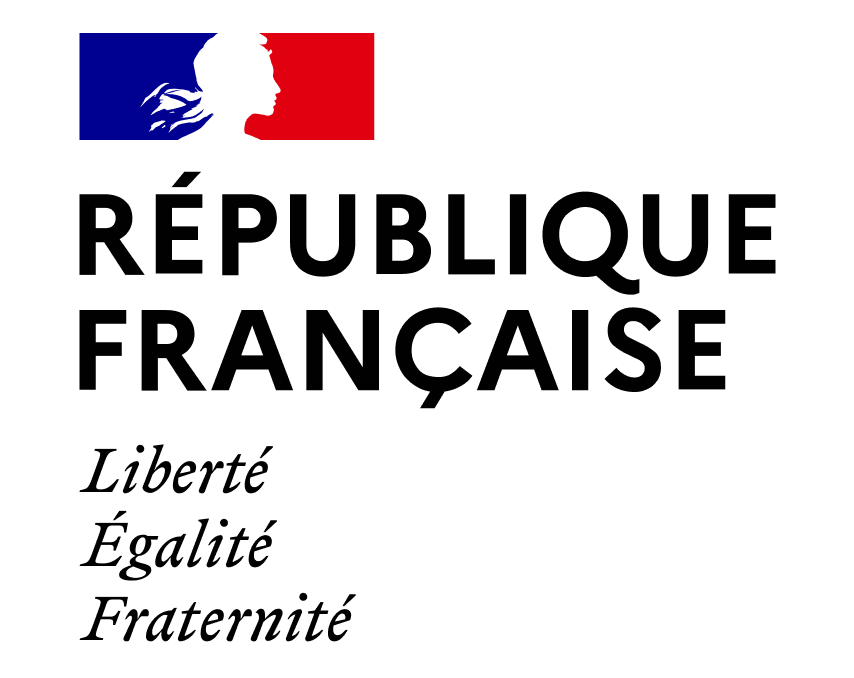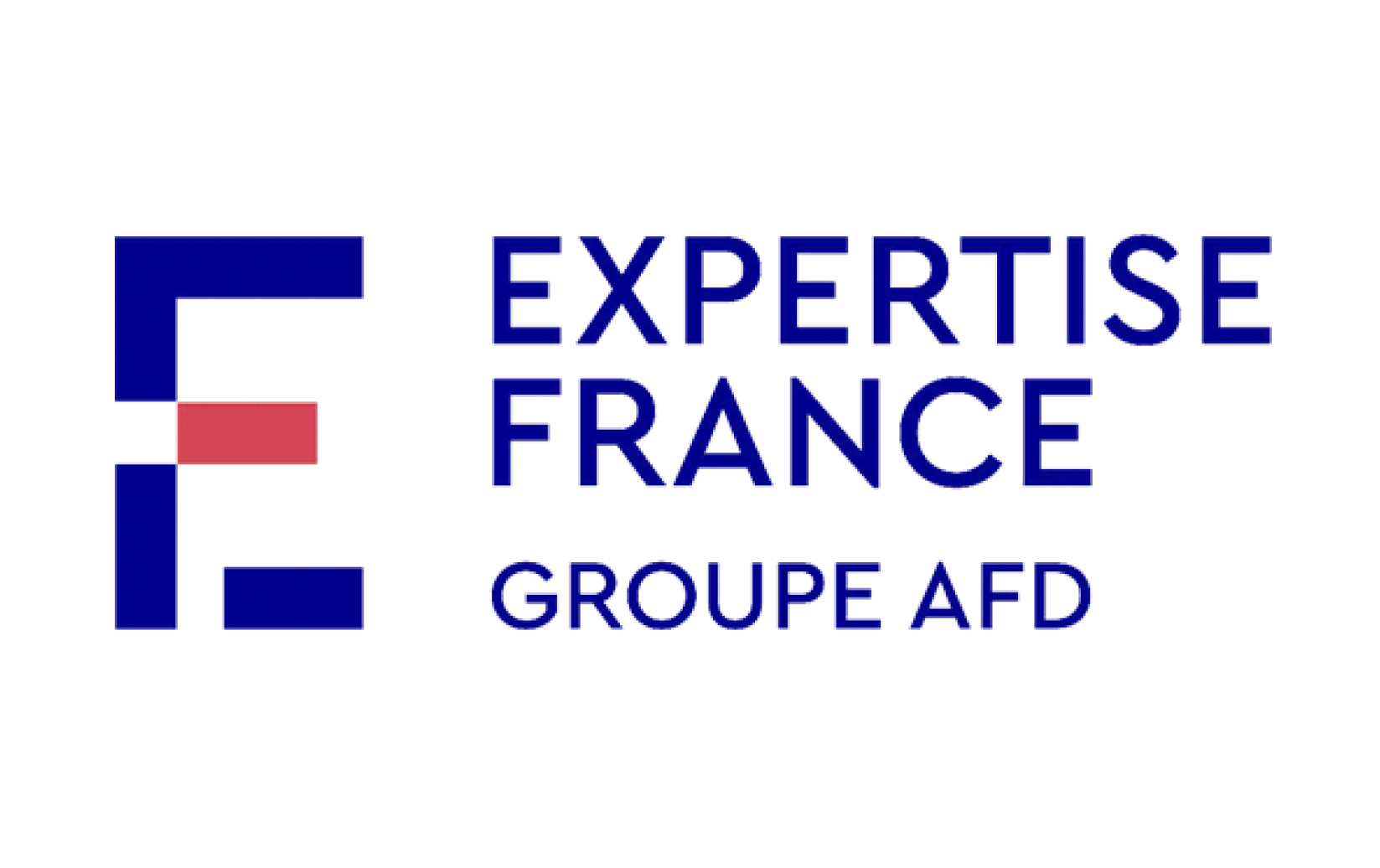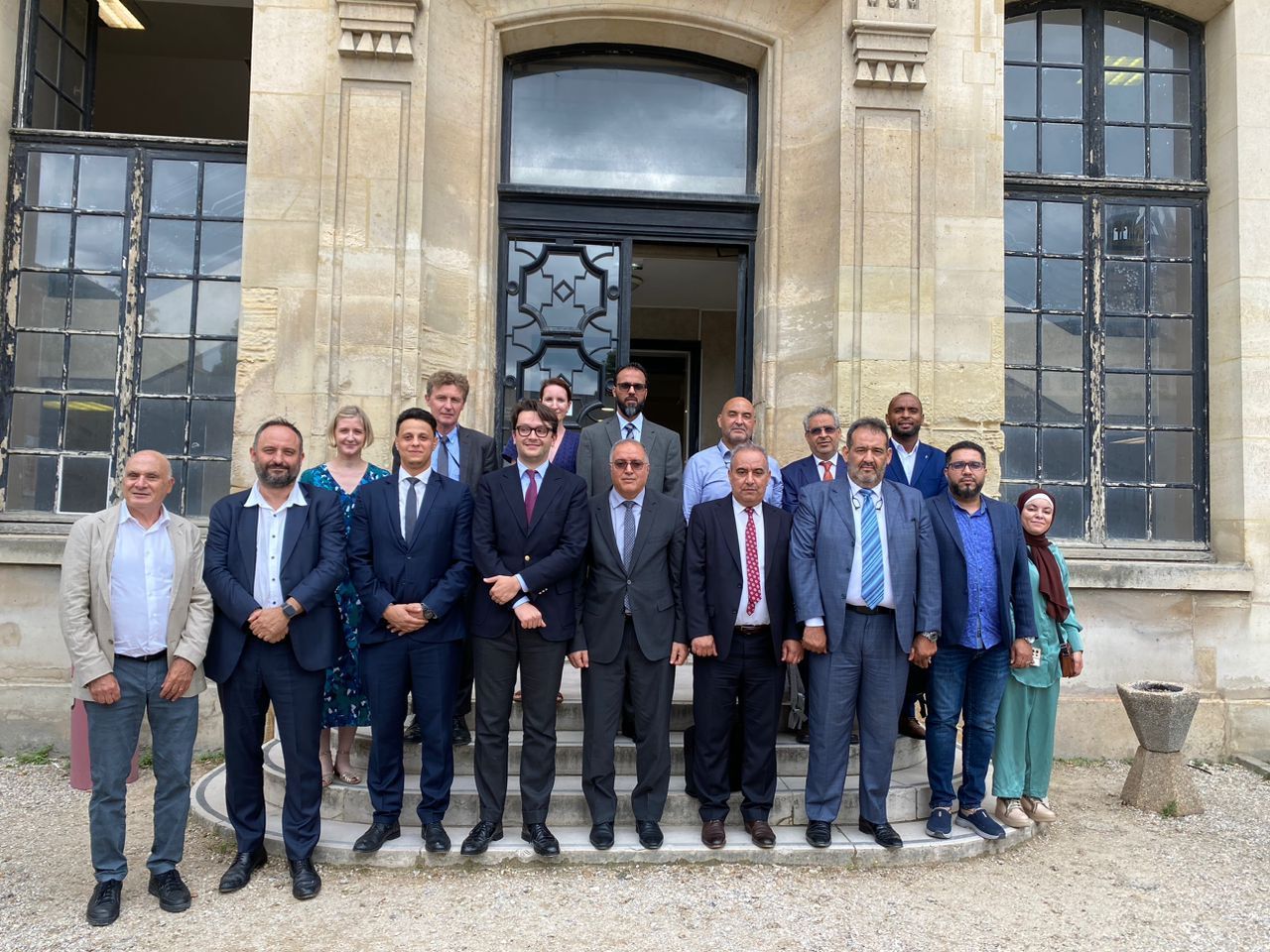Study Tour in Paris to Enhance Digital Education and Align Training with Labor Market Demands in Libya
A Libyan institutional representative delegation took part in a study tour in Paris on June 25–26, 2025, as part of the EU4SKILLS project, funded by the European Union and co-funded by the French government, and implemented by Expertise France in collaboration with Libyan partners. The visit aimed to support Libya’s efforts in reforming higher education and vocational training through digital innovation, modern curriculum design, and closer alignment with labor market needs.
The Libyan delegation was headed by Mr. Saleh Al-Ghoul, Deputy Minister of Higher Education and Scientific Research; Mr. Rajab Al-Akhashi, General Director of the National Center for Quality Assurance and Accreditation of Educational Institutions; Mr. Ezzedine Bin Dhou, Advisor to the Deputy Minister of Education and Vocational Training; and Mr. Mohamed Al-Suwaid, Senior Advisor at the Ministry of Foreign Affairs and International Cooperation. The delegation also included university professors from Tripoli, Benghazi, Sabha, and Gharyan, as well as experts in digitization and education, alongside Mr. Maxime BOST, Program Director at Expertise France, Mrs. Essia Enard, Director of the Digital Transformation component in the project, and members of the Expertise France team in Libya.
The programme included site visits to several leading French educational and research institutions. The tour began at Paris Santé Campus, where the delegation explored models of digital health innovation and the use of artificial intelligence in medical education. This was followed by a visit to Albert School, which combines data science and economics education through strategic partnerships with the private sector, offering strong pathways to employment.
On the second day, the group visited G2R Formation – CFA du Numérique, a certified vocational training center that co-develops its programmes with technology companies and delivers work-integrated learning. The visit also included a stop at CNAM, one of France’s key institutions for lifelong learning, where participants reviewed hybrid education models and continuous digital skills development.
The tour concluded with an institutional meeting at the French Ministry of Higher Education and Research, which included an overview of the national strategy for digital transformation in higher education, covering AI integration, digital platform development, and hybrid learning models to enhance inclusivity.
The visit deepened participants’ understanding of digital teaching practices and policy development and created new opportunities for future collaboration between Libyan and French institutions in training, capacity building, and knowledge exchange.


